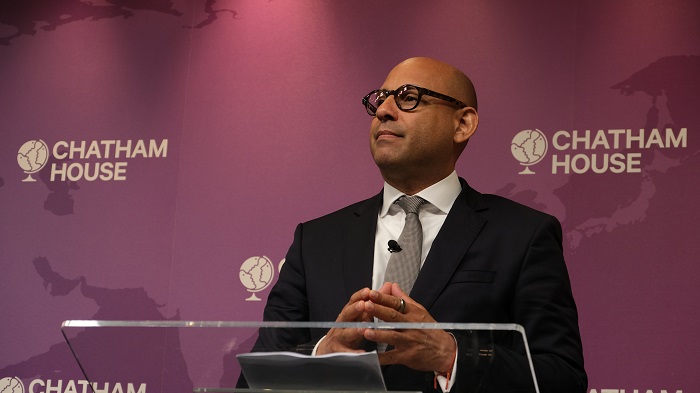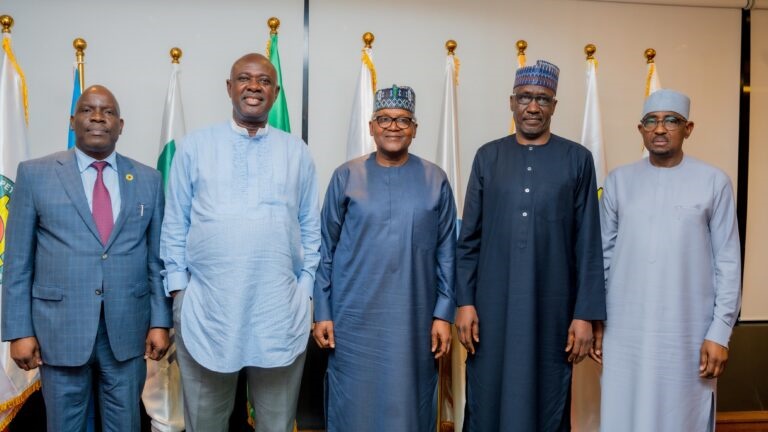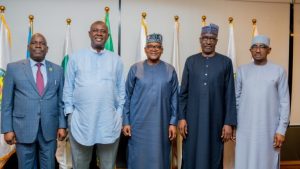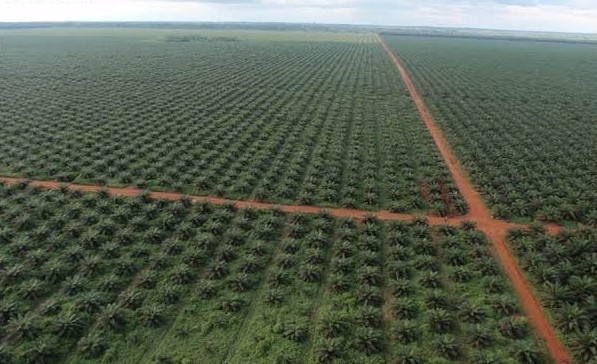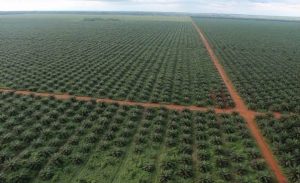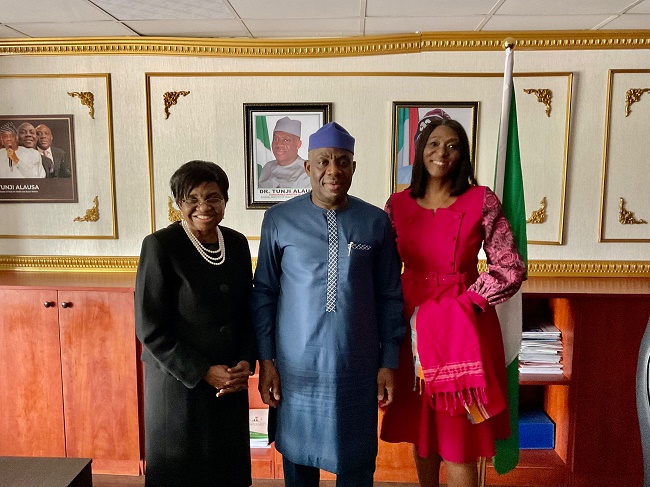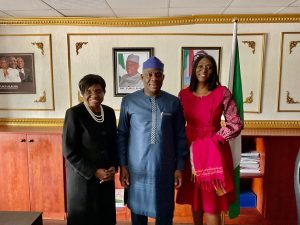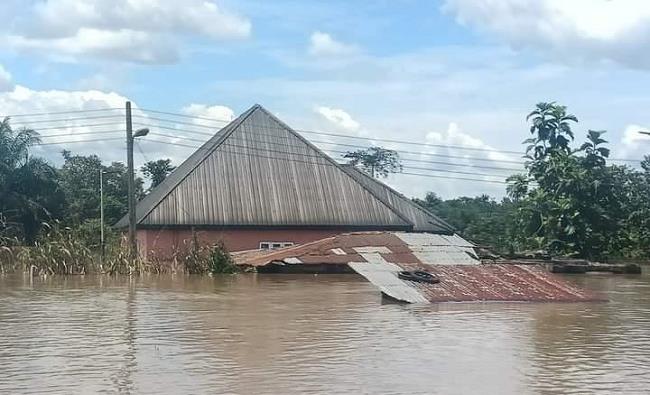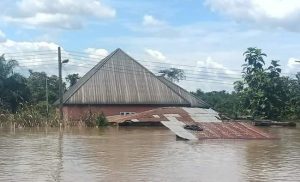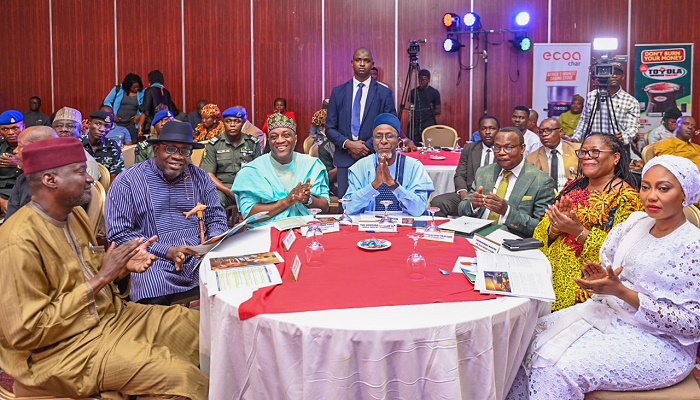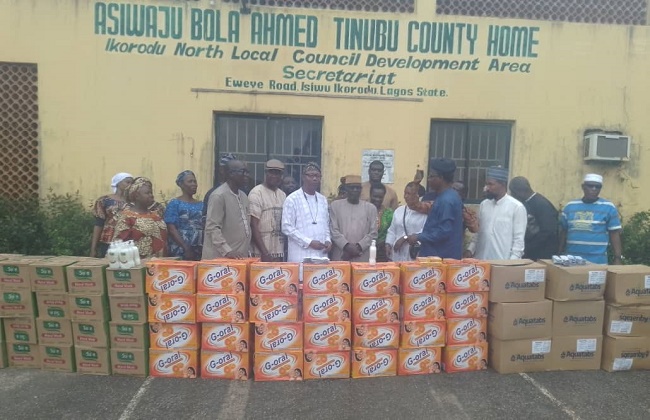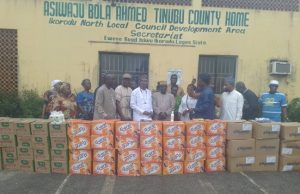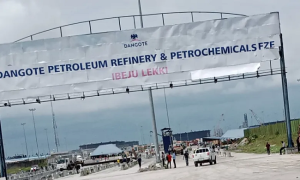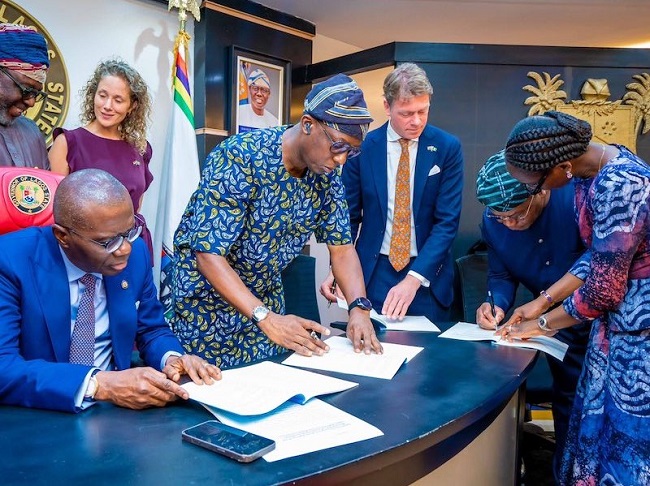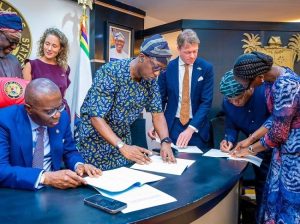As record temperatures and unprecedented impacts of climate change continue to affect billions of people across the planet, the United Nations and partners have announced a series of regional meetings aimed at increasing ambition in the next round of climate pledges under the Paris Agreement.
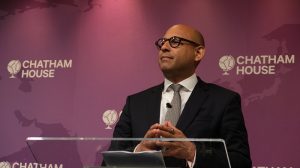
In 2025, countries are required to submit new Nationally Determined Contributions (NDCs). These plans are known as NDCs 3.0. In these NDCs, countries are encouraged to set 2035 ambitious, economy-wide emission reduction targets that align with limiting global warming to 1.5°C and increase resilience to climate impacts.
“To provide climate justice for all and preserve a livable planet, greenhouse gas emissions must fall dramatically and efforts to adapt to climate impacts must be stepped up,” said Inger Andersen, Executive Director of the United Nations Environment Programme (UNEP). “However, greenhouse gas emissions are not falling, global temperatures are hitting new highs and vulnerable populations are suffering. NDCs 3.0 must match the moment we face and be far more ambitious.”
To help countries shape the next round of their climate pledges under the Paris Agreement, UNEP, the United Nations Development Programme (UNDP) and the NDC Partnership, in collaboration with the UNFCCC Secretariat (UN Climate Change), are organising NDCs 3.0 Regional Fora.
“Parties have agreed to the ratchet mechanism under Paris because it’s a powerful tool for progress and they recognise the importance of staying proactive in the face of climate change,” said Simon Stiell, Executive Secretary of the United Nations Framework Convention on Climate Change. “We cannot afford to be stagnant: submitting new Nationally Determined Contributions is not just a reporting requirement, but a vital commitment to safeguarding our planet’s future for future generations. The NDCs 3.0 Regional Fora will support all Parties to deliver on their commitments.”
The schedule for the NDCs 3.0 Regional Fora taking place in 2024 has been set as follows:
- Regional Forum for the Pacific, from August 12 to 16, 2024, hosted by the government of Samoa in Apia
- Regional Forum for Latin America and the Caribbean, from August 27 to 29, 2024, hosted by the government of Colombia in Bogota
- Regional for Eastern Europe and Central Asia, from September 3 to 5, 2024, hosted by the government of Türkiye in Istanbul
- Regional Forum for the Middle East and North Africa, from September 23 to 25, 2024, hosted by the government of Tunisia in Tunis
- Regional Forum for Asia, from September 30 to October 2, 2024, in Bangkok, Thailand
- Regional Forum for Africa, from October 7 to 9, 2024, hosted by the government of Rwanda in Kigali
These Fora will be closed-doors events, targeting government officials responsible for NDCs revisions from all countries in each region. Inclusivity and equal representation will be ensured through the invitation of selected resources spokespeople from youth and other under-represented and marginalised groups.
What NDCs 3.0 need to achieve
UNEP’s Emissions Gap Report 2023 found that current NDCs put the world on track for a global temperature rise of 2.5-2.9°C. While emissions are projected to stabilise after 2030, they still don’t decline rapidly enough to meet scientific targets according to the 2023 NDC Synthesis Report. For a 1.5°C pathway, reductions to global greenhouse gas emissions of 42 per cent are needed by 2030.
Meanwhile, UNEP’s Adaptation Gap Report 2023 found that the adaptation finance gap is US$194-366 billion per year. Urgent country-driven adaptation, backed by appropriate finance, is urgently needed.
The Fora will use insights from COP28 and the Global Stocktake to focus on mitigation options, adaptation solutions and inclusion of super pollutants (short-lived non-CO2 pollutants), such as methane and black carbon in the NDCs.
Participants, invited from government ministries engaged in NDC development and implementation, will engage in peer-learning, explore innovative financing models and share how to develop policy roadmaps that lead to implementation. The Fora will be a place to discuss how ambitious sectoral targets can lead to transformational change and investment plans.
Climate change is also a major driver of nature and biodiversity loss, with nature loss driving climate change. The sources of climate change are often the same as the sources of pollution and waste, hence the crises are interlinked, and the solutions should be integrated.
The Fora will then encourage countries to consider the co-benefits of climate action and share examples on how to align climate targets with other international commitments on nature, pollution and sustainable development in their NDCs.
NDCs 3.0 Regional Fora will be organised in collaboration with other partners, including the UNEP-convened Climate and Clean Air Coalition (CCAC), the United Nations REDD programme, and the German Development Cooperation (GIZ), as well as regional partners including the Secretariat of the Pacific Regional Environment Programme (SPREP), the Economic and Social Commission for Asia and the Pacific (ESCAP), and the United Nations Economic, Social Commission for West Asia (ESCWA) and the Asian Development Bank.

